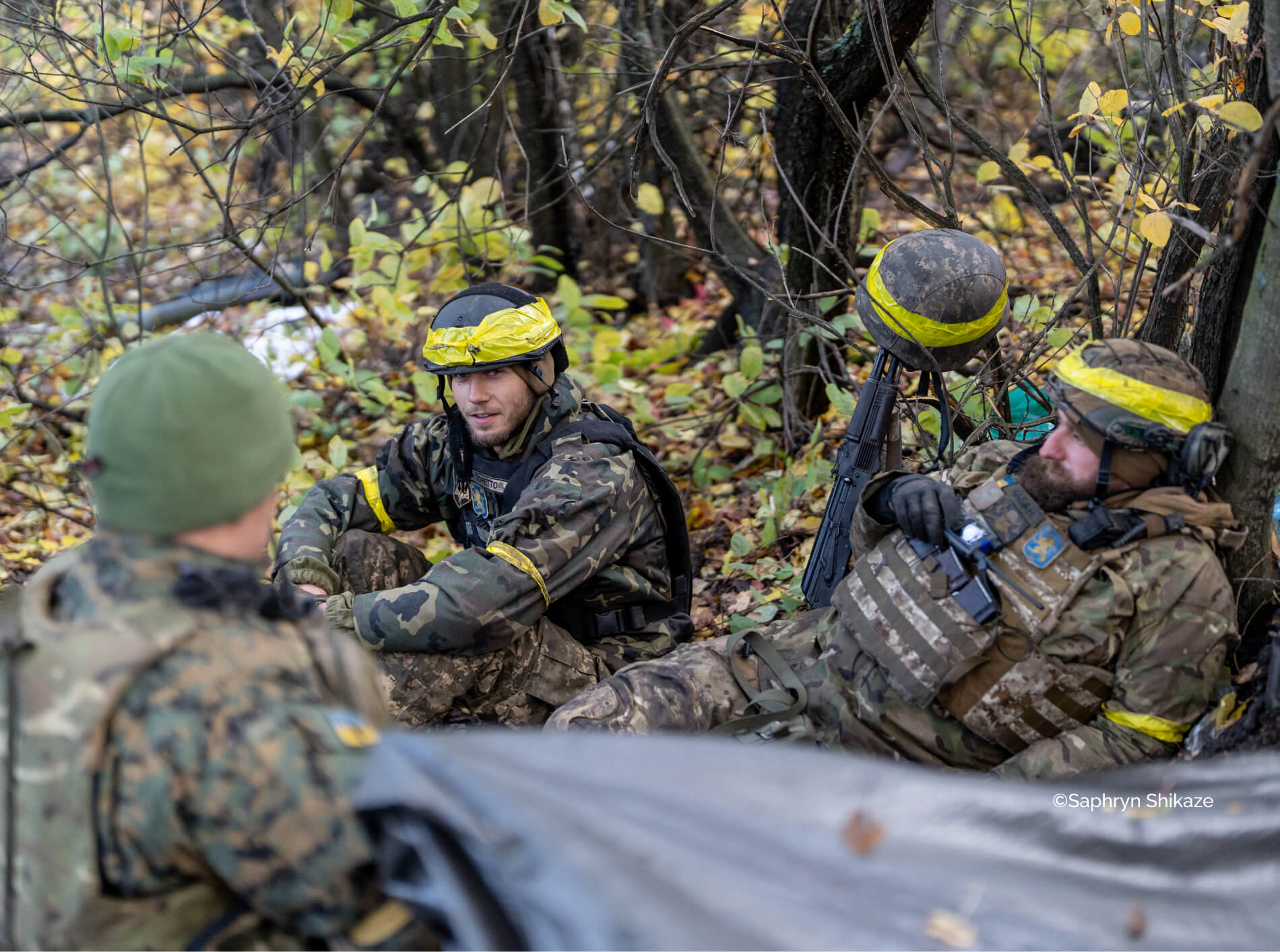In Ukraine military disability evaluation boards that document those at the front undergo reforms 05.05.2023
Initially, the wounded in action (WIA) spent months to receive aid from the government. That involved collecting necessary paperwork and being evaluated by medical board physicians. From now on, lines and wait times at hospitals are likely to dwindle as Ukraine's government has given the green light to the medical boards to perform their functions on the premises of civilian medical establishments.

Before the reform was launched, the WIA had to wade through the red tape required to collect all the relevant documents such as medical records from all the military hospitals they had been admitted to, certificates from their military units detailing the circumstances under which they were wounded. They also had to be examined by military boards.
Serviceman Semyon Garanov was wounded as far back as last spring when Russia's advancing military were on the approaches to Kyiv. But it took him almost a year to get referral for medical board review. According to Semyon, after New Year's the physician in charge was on leave and after she came back, a decision was taken to start preparing the paperwork needed as of February 1st. But then an offensive began, and the commander of the brigade he served in made all medical boards, sick certificates and rotations null and void.
Ukraine has been at war with Russia for as long as nine years since the latter annexed Crimea and started to militarily support separatists in Donbass. However, over the course of time involved, Ukrainian officials have failed to work out a simple mechanism so that the WIA could easily collect all the necessary documents and receive assistance from the government.
Kirill Zolotaryov had a brush with death in 2014 when he was hit by submachine gun fire. According to him, he and other WIA are faced with similar problems. He goes on to say, "My mother and I clocked up 2,000 kilometers in the course of two days visiting the places where someone could make out this or that document for me, or we could present valid reasons for this or that, dig into the archives, you name it."
In February, a civil organization, "Principle", started its activities in Ukraine focusing on handling the problems related to the WIA. One of its founders is Masi Nayyem, a lawyer and a serviceman in the Armed Forces of Ukraine.
Masi was mobilized for the first time in 2013 and served through 2015. After Russia launched a full-scale invasion of Ukraine, he went to war again. Last June, a combat vehicle, one of whose occupants was Masi Nayyem, was hit by a land mine. As a result, he lost an eye. Confronted with bureaucratic hurdles, he decided to act for himself and others.
In March, the organization published a guideline for the WIA, titled "Legal Navigator". It lists the typical situations the WIA have to handle: how to have one's convalescent leave granted and approved, what to do if the military units the WIA have been assigned to refuse to issue relevant certificates detailing the circumstances under which the WIA suffered their wounds.
Such certificates are particularly important. If the WIA do not have them or they do not prove that their holders have been wounded in line of duty, the WIA will not be entitled to financial assistance from the government, the amount of which may range from 3,400 to 27,000 USD. The idea to simplify the relevant procedures for the WIA has been